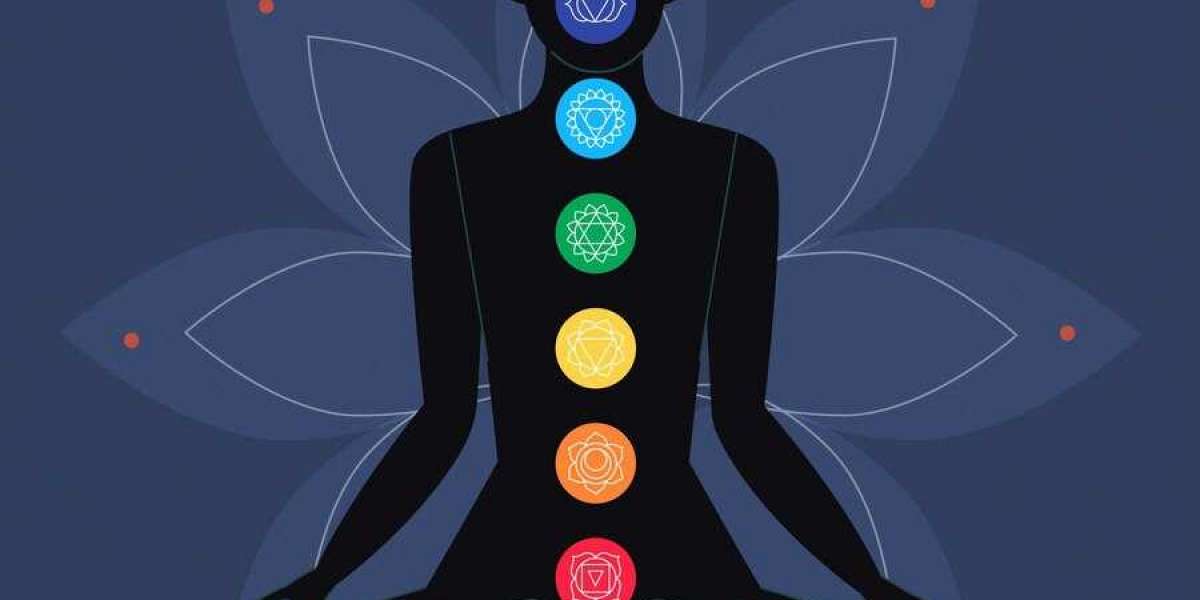Attention Deficit Hyperactivity Disorder (ADHD) can affect individuals in various ways, from difficulties focusing to managing impulsive behaviors. While medication is often part of the treatment plan, therapy plays an equally critical role in helping individuals navigate the challenges of ADHD. If you're living with ADHD, or you’re a parent or caregiver supporting someone with ADHD, understanding the therapy techniques used by ADHD disorder therapist can make a significant difference in managing symptoms and unlocking potential.
The Role of ADHD Disorder Therapists
ADHD disorder therapists specialize in supporting individuals with ADHD by providing strategies to cope with symptoms. These professionals are trained to help patients develop skills that improve focus, reduce impulsivity, and manage time effectively. Therapy also assists in addressing emotional regulation, social skills, and self-esteem, all of which are commonly impacted by ADHD.
There are various therapy techniques ADHD disorder therapists employ to help individuals manage their symptoms effectively. Here’s a breakdown of some of the most effective methods:
1. Cognitive Behavioral Therapy (CBT)
Cognitive Behavioral Therapy (CBT) is one of the most commonly used therapeutic approaches for ADHD. CBT helps individuals recognize and change negative thought patterns that may be hindering their ability to focus or succeed in daily tasks. ADHD disorder therapists often use CBT to help patients break tasks into smaller, more manageable parts and develop positive reinforcement techniques to stay on track. It also addresses procrastination, negative self-talk, and disorganization, all of which can be challenging for people with ADHD.
By identifying triggers and finding healthier ways to think and behave, CBT empowers individuals to regain control over their actions and thoughts, helping to reduce ADHD symptoms.
2. Behavioral Therapy
Behavioral therapy is another popular method for treating ADHD. ADHD disorder therapists often use this technique to encourage positive behavior changes through rewards and reinforcement. This method helps individuals replace unwanted behaviors, such as impulsivity or inattention, with more appropriate actions.
In behavioral therapy, therapists work with patients to establish clear goals and create structured reward systems. For example, a child with ADHD might be rewarded with extra screen time for completing homework on time or staying focused in class. For adults, rewards might include taking breaks or engaging in an enjoyable activity once a specific task is completed.
3. Parent Training and Support
For children with ADHD, involving parents in therapy can make a world of difference. ADHD disorder therapists often conduct parent training sessions to equip parents with tools and strategies to better support their child's behavioral development. These sessions focus on establishing consistent routines, setting clear expectations, and managing challenges at home or in school.
By learning more about ADHD and effective parenting techniques, parents can create an environment that encourages success and reduces frustration for their child. This support can also improve the parent-child relationship and boost the child’s self-esteem.
4. Mindfulness and Relaxation Techniques
Mindfulness-based techniques have gained recognition in ADHD therapy due to their ability to enhance focus and emotional regulation. ADHD disorder therapists often teach mindfulness exercises, such as deep breathing and meditation, to help individuals with ADHD manage anxiety, stress, and hyperactivity.
Mindfulness encourages present-moment awareness and helps individuals pause before reacting impulsively. It is particularly useful for managing the overwhelming feelings that often come with ADHD. Over time, mindfulness can improve concentration, reduce emotional outbursts, and increase overall well-being.
5. Social Skills Training
ADHD can often affect social interactions, as individuals may struggle with maintaining focus during conversations, interpreting social cues, or controlling impulsive behaviors. Social skills training is an effective therapeutic technique used by ADHD disorder therapists to help individuals build better interpersonal relationships.
Therapists provide practical exercises and role-playing scenarios to teach patients how to improve communication, take turns in conversations, and manage social situations. As social skills improve, so does the individual’s self-esteem and ability to engage successfully in various environments, such as school, work, and social settings.
Conclusion
Therapy plays a pivotal role in managing ADHD, offering individuals strategies and tools to navigate the challenges they face. ADHD disorder therapists use a variety of techniques, including Cognitive Behavioral Therapy, behavioral therapy, parent training, mindfulness, and social skills training, to help those with ADHD unlock their potential and achieve success.
If you or someone you know is struggling with ADHD, seeking help from a qualified ADHD disorder therapist can be the first step toward a brighter, more organized, and fulfilling future. By incorporating these therapeutic approaches, individuals can enhance their ability to manage ADHD symptoms and thrive in their personal and professional lives.







